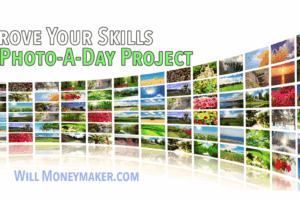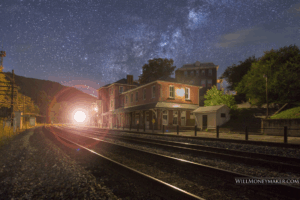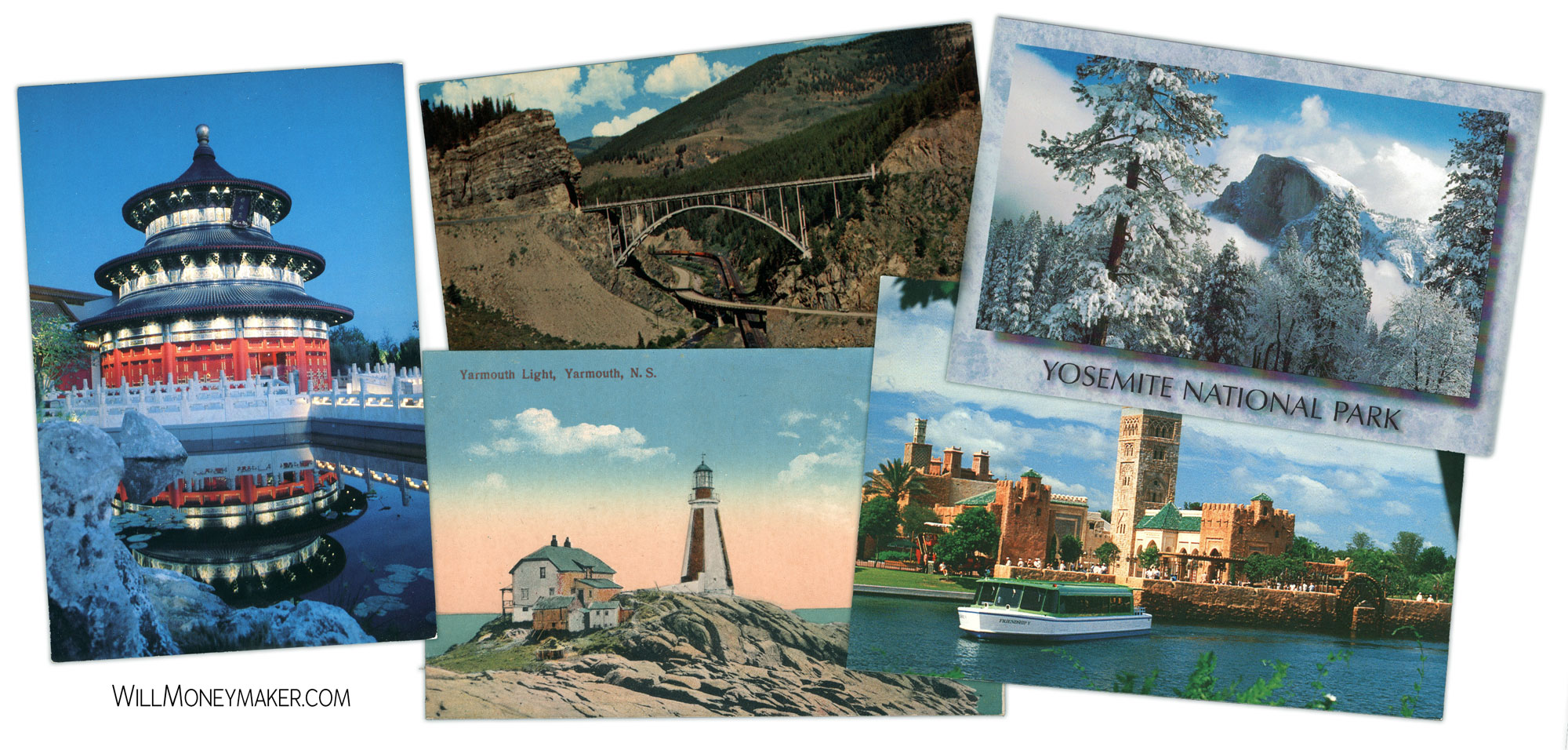Here’s something I’ve spoken about before: The value in using old camera equipment to learn various photographic ideas and techniques. I do think there are merits to experimenting with old equipment even if you don’t plan to use this kind of thing on a regular basis. That’s because there really is a lot to learn. There’s nothing like going out into the world with nothing more than a film SLR and a roll of 36 exposures just so that you can learn things like patience, and to really think and compose before you use one of those precious exposures.
So yes, for a variety of reasons, it is valuable to explore the old ways of doing things in photography. We can learn how to create photographs that require the least amount of post-processing since it is much harder with film. We learn how to time things for the right light, the right moment, and it can really instill in us a sense of “getting it right the first time” with regards to camera settings and so forth.
But as with everything, we need balance—and there’s no sense in turning our noses up at the wonders of modern technology. There comes a time when, even though it is valuable to respect and learn from the things our predecessors did, we must abandon those things for the sake of efficiency, expedience, and quality. You wouldn't, for example, rely on a film camera to shoot an entire wedding. In this day and age, that would be a silly risk to take. It'd simply be too difficult to create the 2,000 exposures that are normally created at today's weddings—and without a live view to double-check that you're doing things right, you'd run a serious risk of having inferior prints to show for it.
The same goes for capturing action scenes and using tools like 4K video to do it. Yesteryear, we were taught to wait, to judge the moment, to learn how to time things just right in order to best maximize our chances of catching an amazing play or some other bit of vital action. This is still a valuable thing to learn because all skills are valuable. But in the heat of the action, if your camera has 4K capability, then why risk missing the shot? Shooting short bursts of video is the way to go so that you can guarantee you'll get that perfect shot.
So what is the moral here? It’s a simple one: Learn from the past—but don’t be stuck in it. Learning these old techniques makes you more well-rounded as a photographer, and more prepared for anything life in the field can throw at you. There are lessons to be gained from the old ways of doing things in photography. But when it comes right down to it? There’s no sense in snubbing the wonders of advancement. Learn those old lessons and then learn how to apply them to modern technology.
Now go and enjoy the beauty of God’s creation through your lens.




